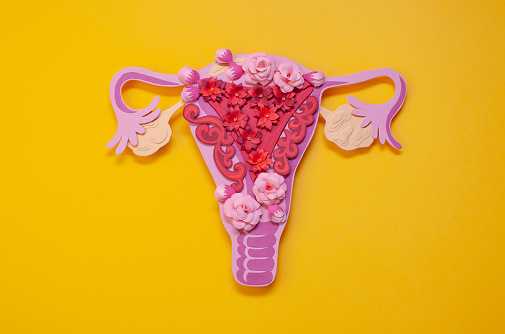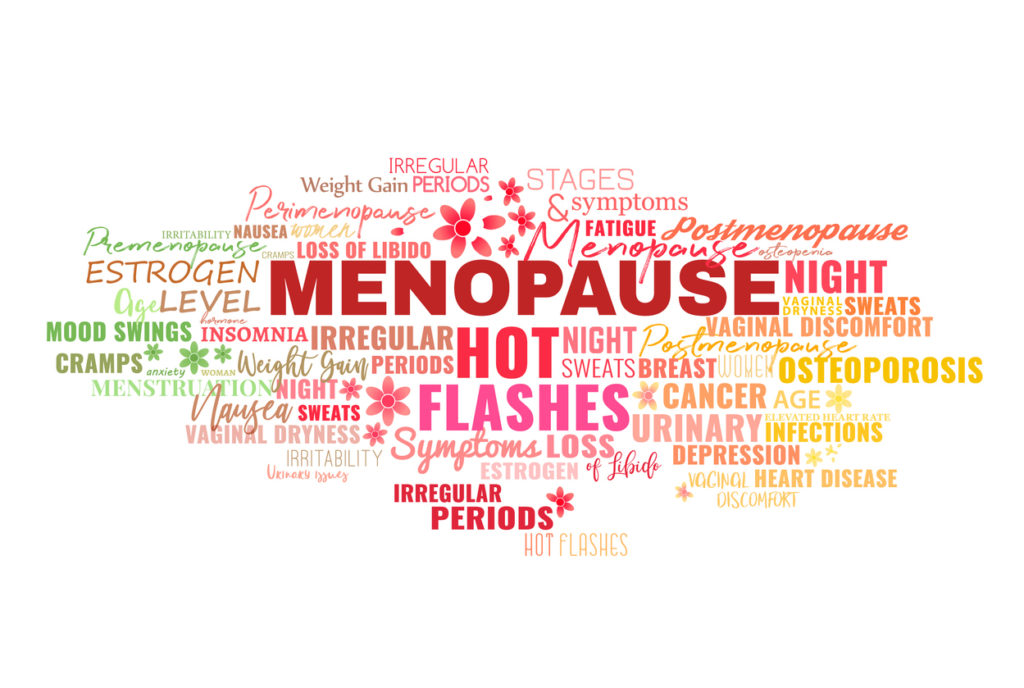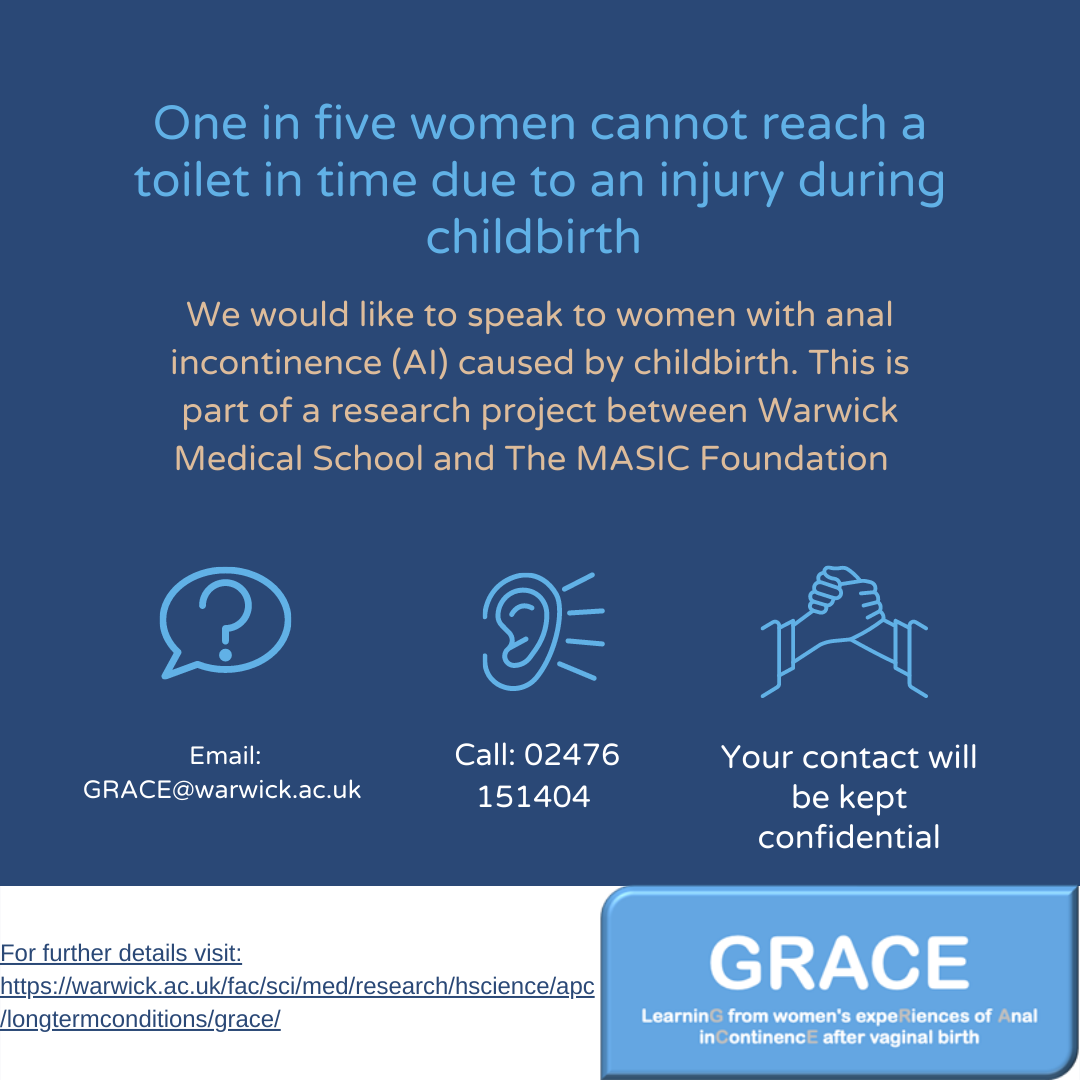CYSTERS PRESENTS: MARGINALISED AND MENOPAUSAL A leading reproductive and mental health charity has announced their inaugural reproductive themed event, Marginalised and Menopausal. Designed to shed light on the unique needs and experiences of historically marginalised communities during their journey through the menopause, the event will feature talks from a host of keynote speakers, including This Continue Reading
Addressing the Menopause GAP
The menopause is a time when a woman’s periods stop and her hormone levels change. Around 85% of women experience problems (such as hot flushes, changes in mood, joint pains) that may continue for years. Hormone replacement therapy (HRT) can be prescribed for these symptoms, as well as to prevent other longer-term problems that increase Continue Reading
‘The Future of Perimenopause’ landmark future gazing report is a ‘first in a generation’ opportunity to change the way our daughters experience perimenopause
Today marks the launch of a first of its kind future gazing report, ‘The Future of Perimenopause’; reclaiming a pivotal life stage for the next generation’ created by four leading women’s health experts and advocates in collaboration with Wild Nutrition and The Future Laboratory. Research for the report shows that a quarter of women are potentially perimenopausal Continue Reading
Opening up the conversation: why it’s important for South Asian women to talk about menopause
Going through menopause can feel lonely and challenging, especially within the South Asian community and culture where menopause is a taboo subject and very rarely a topic of conversation. I’m Meera and I’m on a mission to spread the message across to South Asian women that you have to work on yourself to be fitter Continue Reading
Research needs you – Anal Incontinence
Over one in five women cannot reach a toilet in time or lose control of wind or waste from their back passage within five years of an injury to their anus and pelvic floor during childbirth This is called Anal Incontinence, or AI for short. Some women have AI after birth, but others find it Continue Reading





